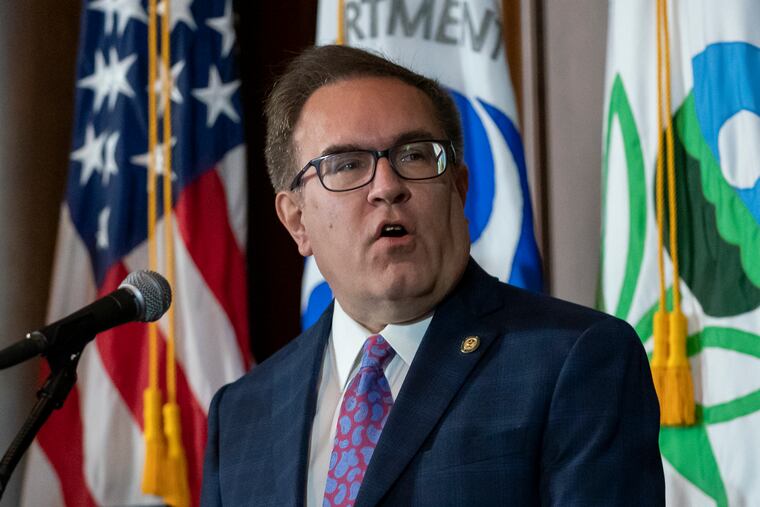Trump should let the EPA do its job | Opinion
In today’s interconnected world, the United States must provide global leadership.

As of the end of August, unless overturned by the courts in which they have been challenged, 84 environmental rules and regulations implemented by prior administrations to protect the environment and fight climate change have been repealed or are the target of repeal by the Trump administration.
Examples include:
The U.S. leaving the 2015 Paris Climate Agreement signed by 197 nations.
Weakening methane gas emission regulations and proposing to revoke California’s authority to establish emission standards in California.
Ignoring President Obama’s Clean Power Plan.
In accord with the president’s denial that man-made climate change impacts our shared environment and his directive that federal agencies not consider climate change impacts in their rule making decisions, these measures increase carbon emissions and further damage the environment.
On a global level, what is equally troubling is Brazil’s president Jair Bolsonaro’s refusal to curtail the deforestation of the Amazon, rejecting most international offers to provide financial aid to extinguish fires in the world’s largest rainforest — often called the world’s lungs — and preventing the country’s equivalent of our EPA from pursuing environmental protections. This collapses Brazil’s environmental protection system. Following establishment of our EPA in December 1970 by Republican President Richard Nixon, there now are EPA-like organizations in 180 countries.
In today’s interconnected world, the United States must provide global leadership.
Environmental issues require an understanding of the relationships among different levels of governmental responsibilities, the essential inclusion of the private sector and other stakeholders, and the interdependence of our mutually shared air, water, and land. In the United States we have laws enacted by Republicans and Democrats and signed by presidents of both parties.
The essential player is the president who is obligated to manage the executive branch of our government.
EPA’s first administrator, William D. Ruckelshaus, wrote in March 2017:
Our Constitution is clear-- “[T]he executive Power shall be vested in a President . . .”. The EPA was created for the purpose of protecting human health and the environment by promulgating and enforcing regulations based on statutes passed by Congress.
The federal government must supply the leadership for the states to meet their joint responsibilities, and be the leader of the international communities. As it says in our Constitution, we establish the United States of America to “secure the Blessings of Liberty to ourselves and our Posterity . . ..”
We have an obligation to our children, our posterity, to give them a clean environment. We are currently not fulfilling that obligation.
This is not a time to be a defeatist, rather it is a time to remember and act upon the words of President John F. Kennedy, who, speaking about the quest for world peace, reminded us:
Joseph M. Manko, a Democrat, served in Philadelphia as the regional counsel for EPA’s 6 Middle Atlantic States from 1973-1975. Howard A. Cohen, a Republican, served with EPA administrator Bill Ruckelshaus in 1972 and on the White House staff for presidents Nixon and Ford.